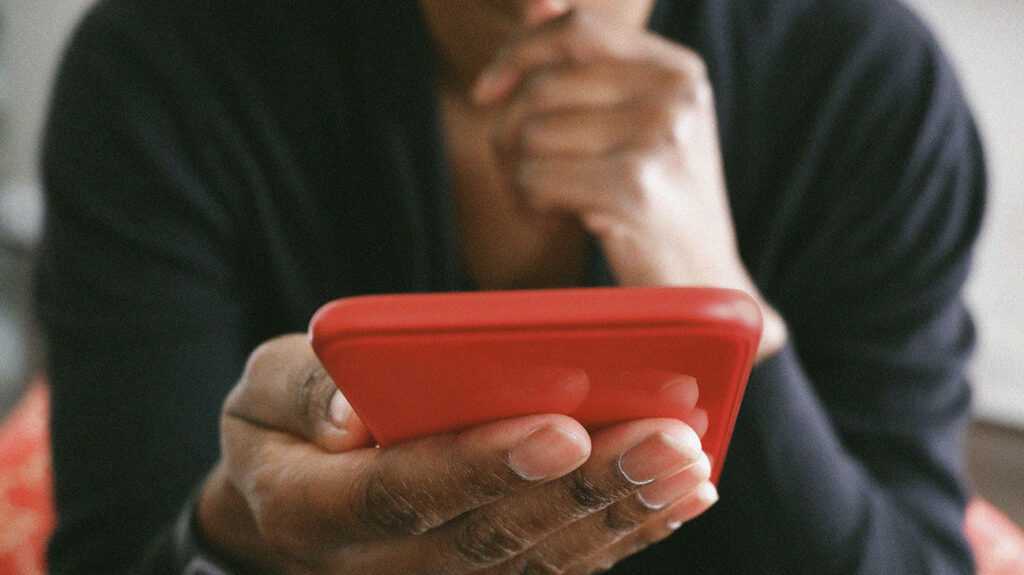Why do many people believe health misinformation?
06 March, 2021

Communal media sites are platforms for folks to share ideas and stay linked with families and pros. However, they can even be a haven for inaccurate information. Some of these details is health-related, which can misinform those looking to make health decisions.
The phrase “health misinformation” identifies any health-related declare under the assumption of truth that is false based on current scientific consensus. It really is a comparatively new catchphrase getting momentum as more people become dynamic on sites such as Facebook and Twitter.
Along with the prevalence of health misinformation on public media keeps growing. A systematic review just lately reviewed 69 studies that centered on health misinformation in interpersonal media.
Investigators found a high number of incorrect health content concerning smoking products, drugs, and community medical issues, including vaccines and diseases. The prevalence of health misinformation was highest on Twitter.
Researchers dig deeper for answers
Experts at the University of Colorado University of Drugs in Aurora, together with experts from the University or college of Regina, Canada, and the Massachusetts Institute of Technology in Cambridge, investigated this issue further.
Due to growing concern among health professionals that false information may lead to people not taking the steps essential for optimal professional medical, the team sought to recognize who's most vunerable to believing misinformation.
To do this, the researchers surveyed 1,020 people aged 40-80 years in America. Their findings appear in the journal Health Psychology.
In the survey, participants rated their identified accuracy of 24 recent Facebook and Twitter articles. These content included true and false information on cancer treatments, individuals papillomavirus (HPV) vaccines, and statin medications.
This misinformation included the claims that red yeast rice is just as able to lowering cholesterol as statins, that marijuana, ginger, and dandelion roots can cure cancer, and that HPV vaccines are dangerous.
Following the participants viewed the content, they evaluated the info as completely false, usually false, usually true, or completely true. The team then implemented up with questions associated with education level, involvement in alternative medication, income, age, and health knowledge.
Who is much more likely to trust false health information?
After compiling the data, the study team found that folks with less education level and less knowledge of healthcare issues were much more likely to trust inaccurate information than other study participants.
Those who showed distrust in the medical care system and those who had a favorable view of alternative treatments were also much more likely to believe health-related misinformation.
Additionally, participants who believed the false claims using one topic were also more likely to believe misinformation presented on other health topics.
Lead writer Laura D. Scherer, Ph.D., with the College or university of Colorado University of Remedies, explains the implications of the findings:
“Inaccurate information is a barrier to good medical since it can discourage folks from taking preventive methods to mind off illness and make them hesitant to seek care when they get sick. Identifying who's most vunerable to misinformation might lend sizeable perception into how such information spreads and provide us with new strategies for treatment.”
Is distrust in the professional medical system a driving factor?
In the U.S., between 2017-2018, a review reported a 20% reduction of general trust in healthcare among the enlightened public. It also found that healthcare trust worldwide dropped by 4%.
Within a national address last year, American Medical Association president, Patrice A. Harris, M.D., M.A., explained further:
“We've witnessed a concerning move during the last several decades where policy decisions seem to be driven by ideology and politics rather than facts and evidence. The effect is a growing mistrust in American establishments - in technology - and in the counsel of leading experts who dedicate their lives to the quest for evidence and reason.”
To fight misinformation credited to insufficient trust or dread, Dr. Harris says the healthcare community and the general public should try to seek out and show information only from credible options.
Source: www.medicalnewstoday.com
TAG(s):
